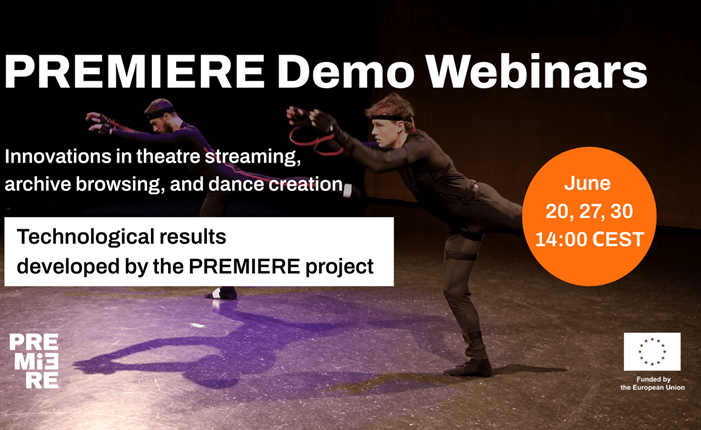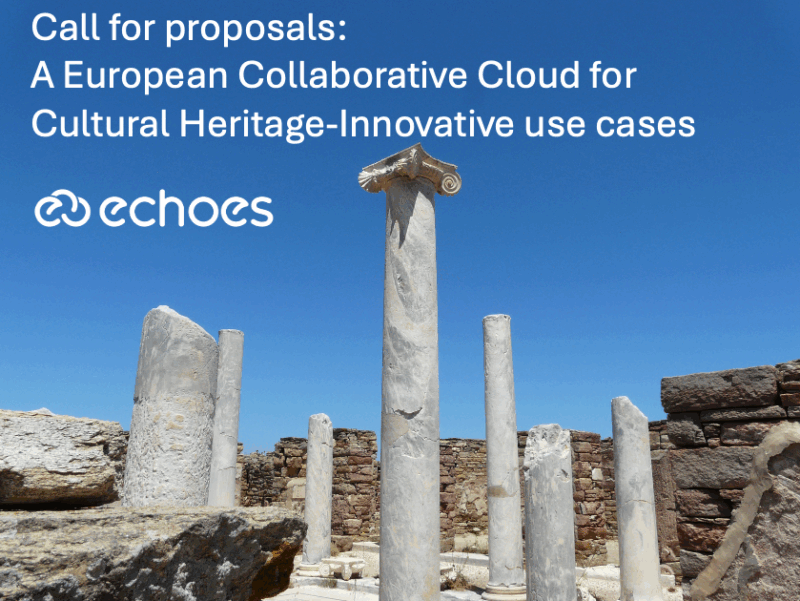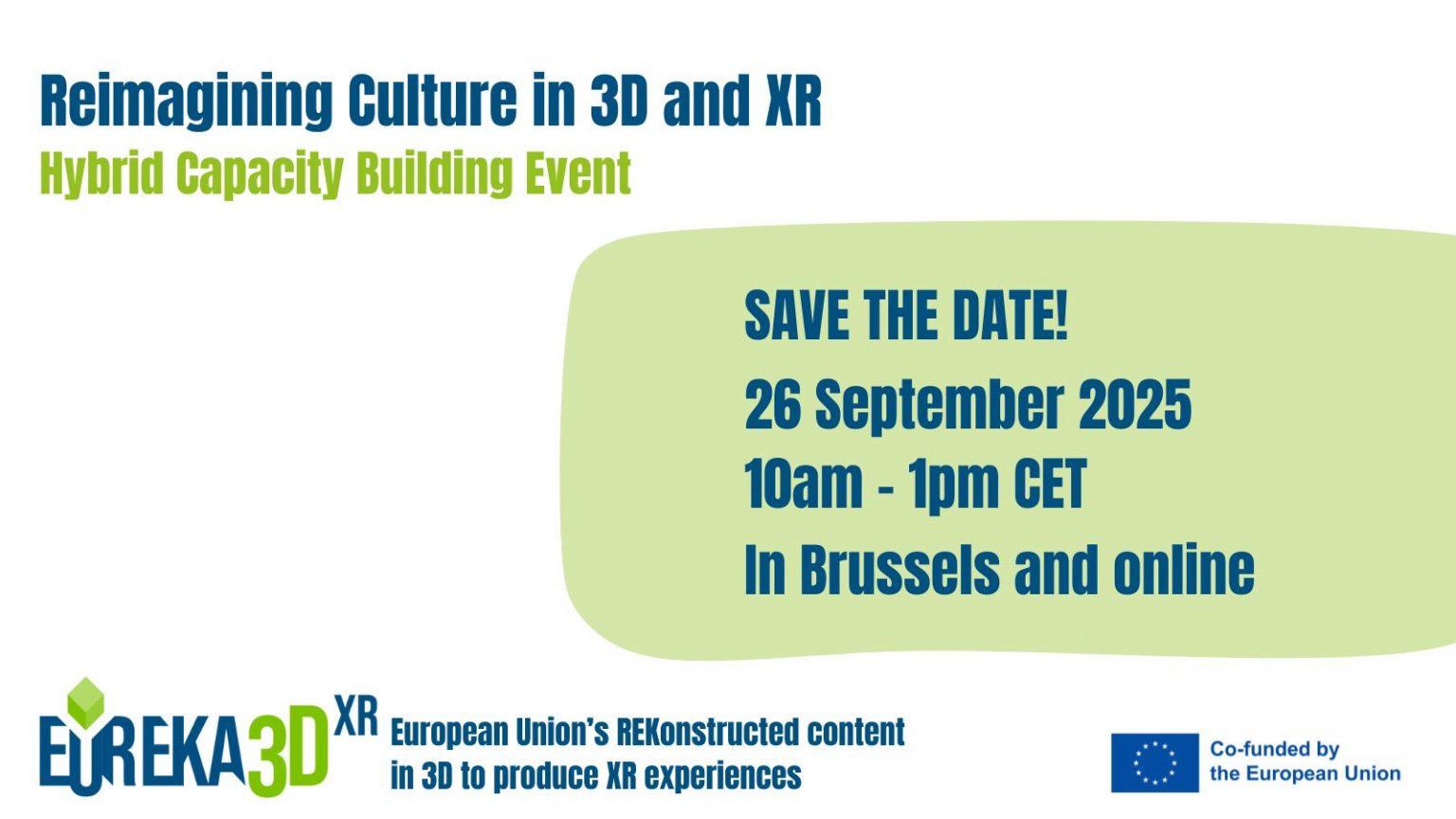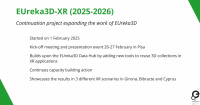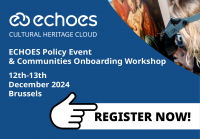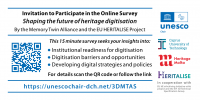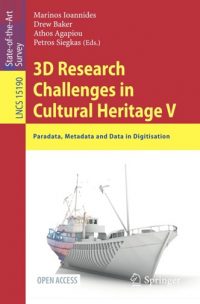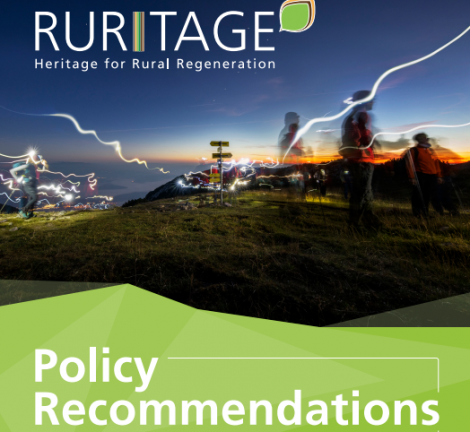
Policy Recommendations for the Integration of Cultural and Natural Heritage (CNH) within Research and Innovation Strategies for Smart Specialisation (RIS3/4) is the last publication from RURITAGE project.
The document provides practical strategies to bridge the gap by bringing culture together with areas like smart specialisation, innovation, experimentation, entrepreneurship, business development and sustainable development. In other words, it outlines a broader perspective of what innovation and regeneration can mean for communities – especially rural ones.
The document details ways for cultural heritage and smart specialisation experts to work in an interdisciplinary way, breaking down barriers between sectors that might otherwise be seen as unrelated. Some of the key recommendations include to:
- Interact across sectors and areas of expertise.
- Embrace a broader view on innovation and try to look at CNH from new perspectives.
- Bring cultural and natural heritage into research and innovation.
- Think beyond tourism to diversify the rural economy.
- Consider the complexity of heritage in an integrated way, including cultural, natural and digital components as well as tangible and intangible aspects.
- Include the Culture and Creative Industries, which are an excellent way to bring cultural and natural heritage features to life.
The document is available for direct download at this link: https://www.ruritage.eu/wp-content/uploads/fv-contest/c1/Ruritage-Policy-Recommendations-www-pages.pdf?_t=1641901585
Read more in an article about the publication on RURITAGE website: https://www.ruritage.eu/news-events/coming-together-culture-heritage-and-smart-specialisation/


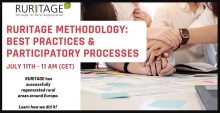
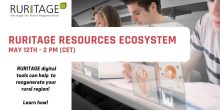
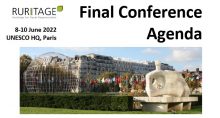
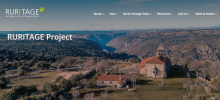
 If you have interesting news and events to point out in the field of digital cultural heritage, we are waiting for your contribution.
If you have interesting news and events to point out in the field of digital cultural heritage, we are waiting for your contribution.
